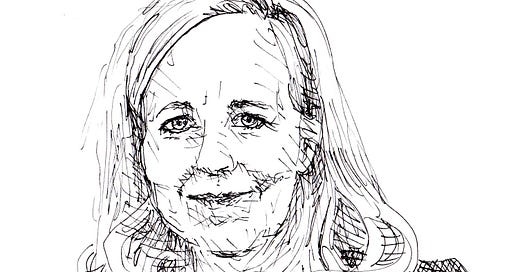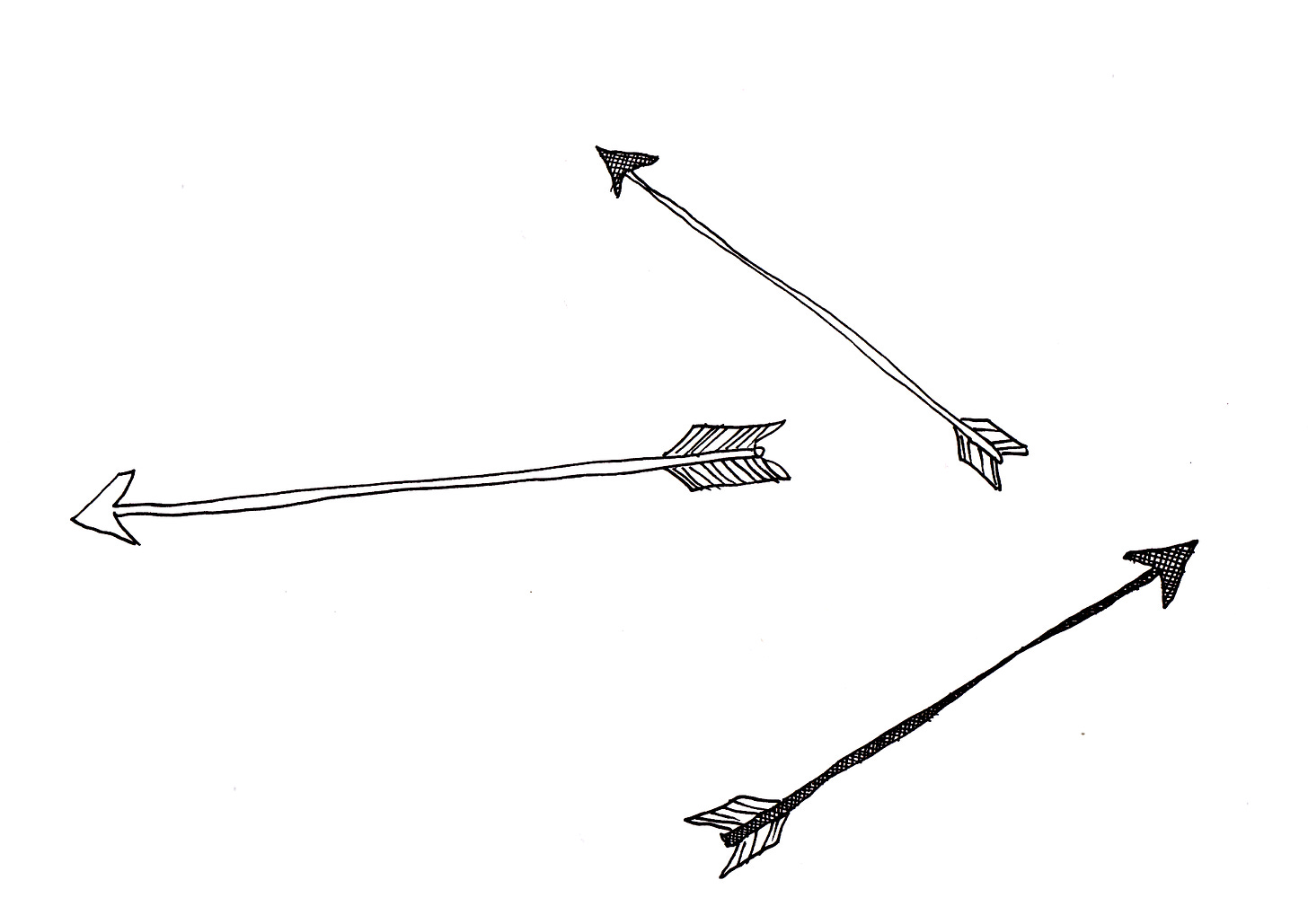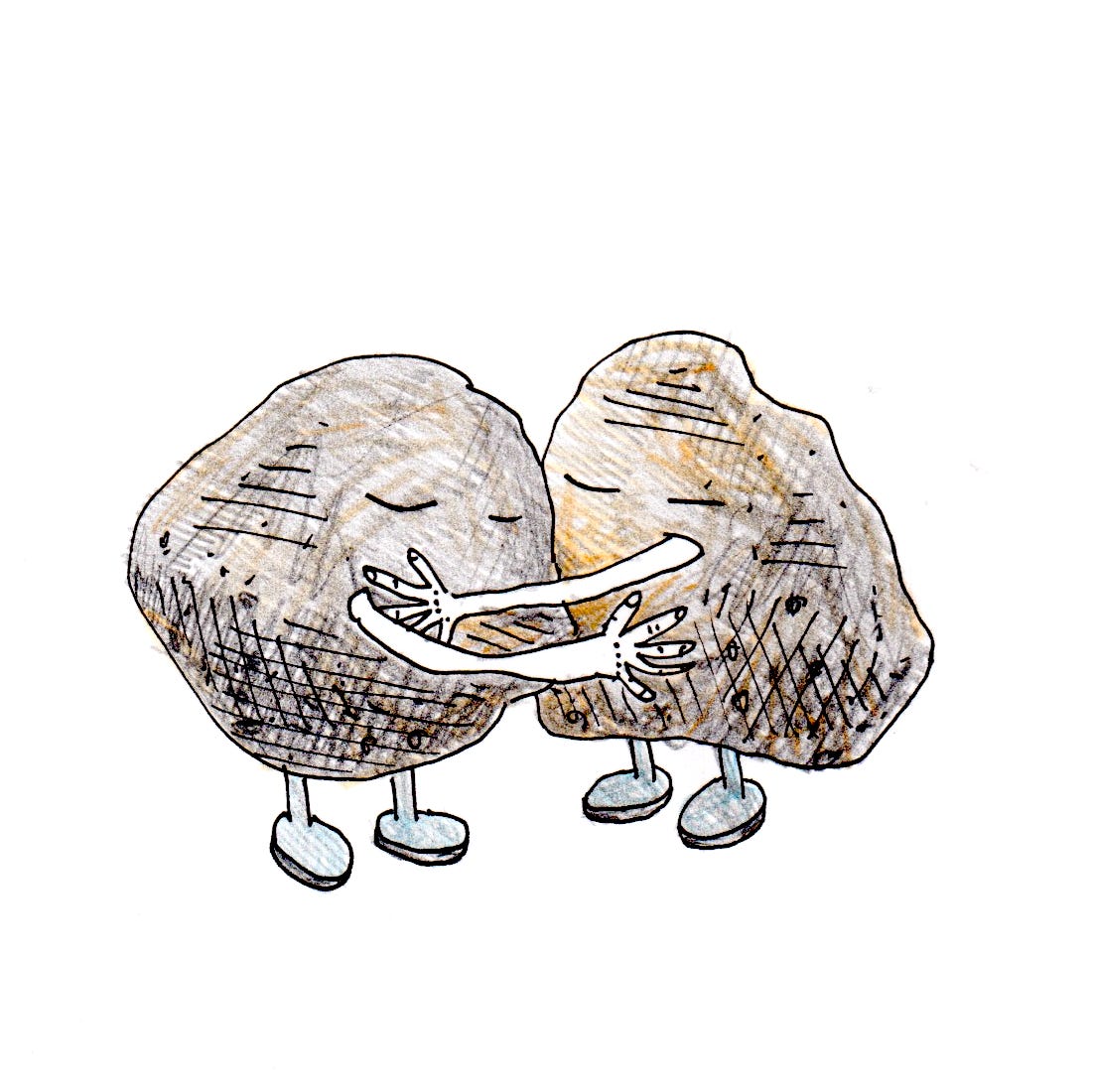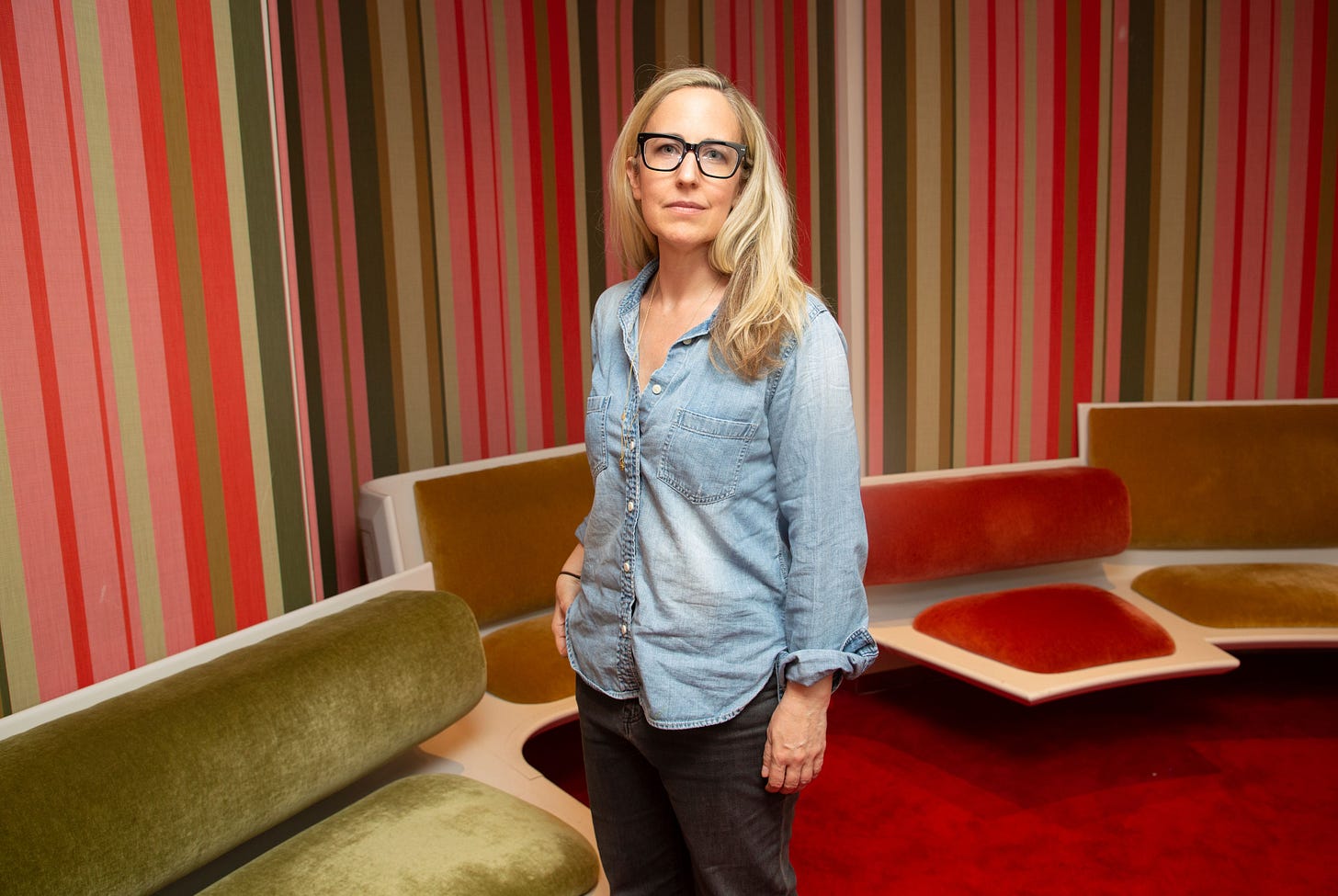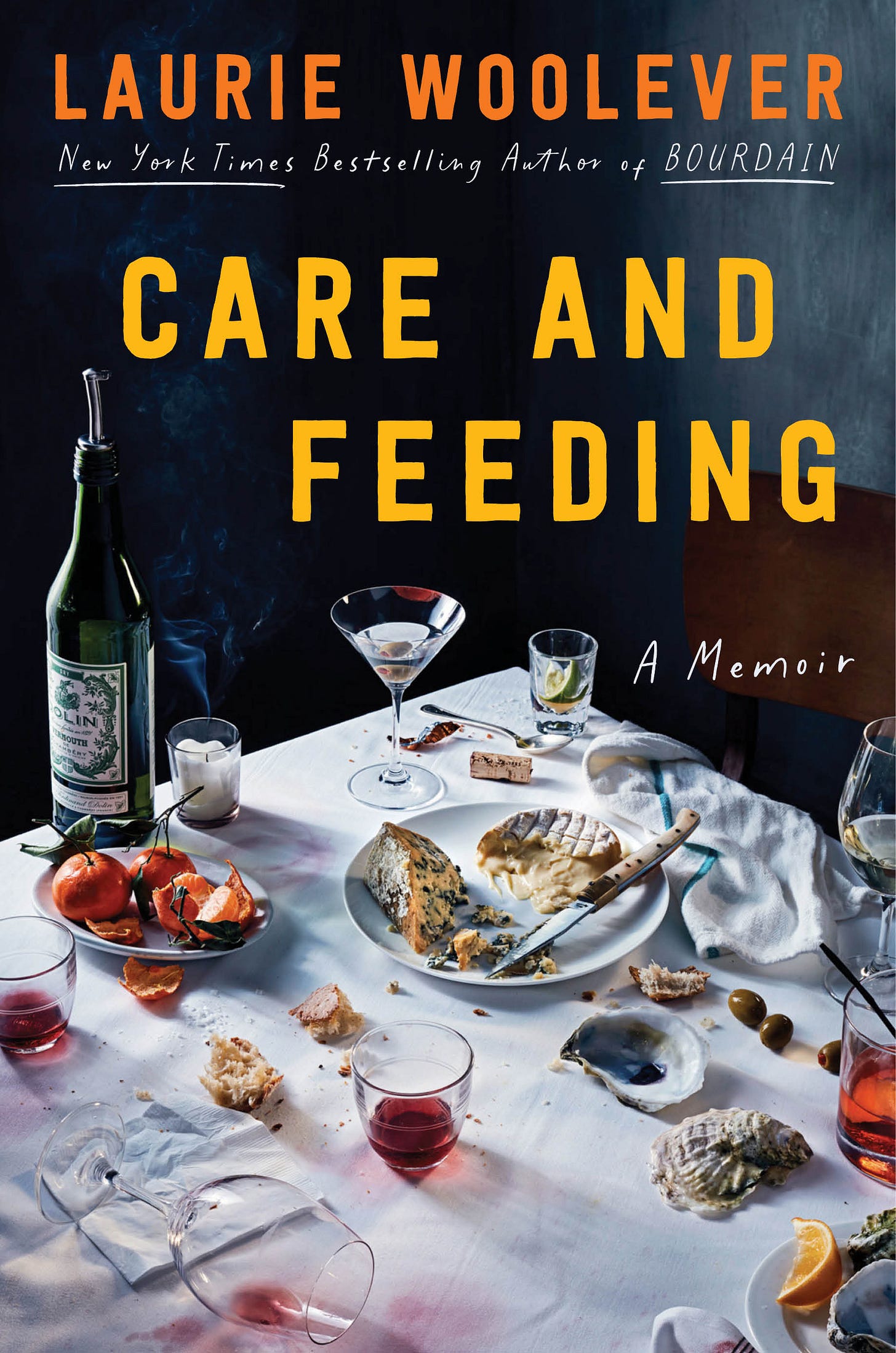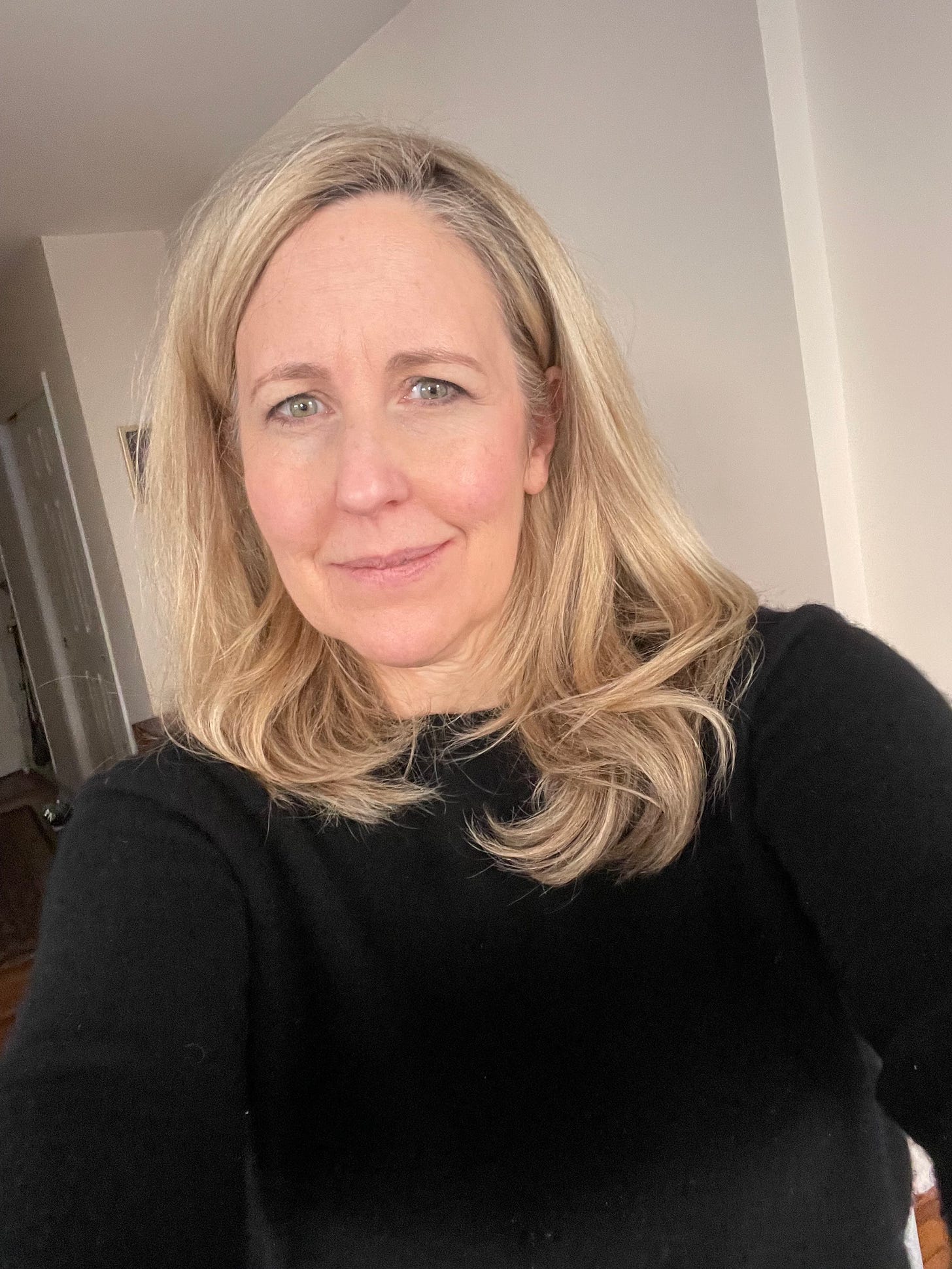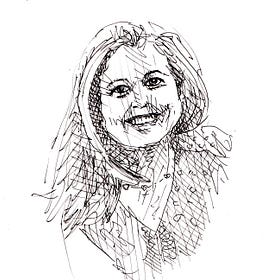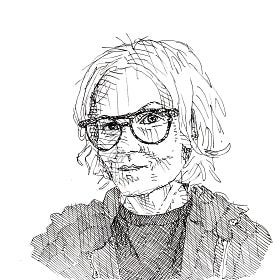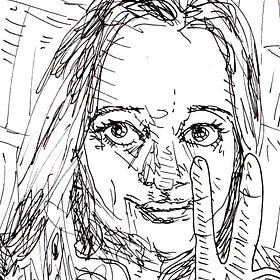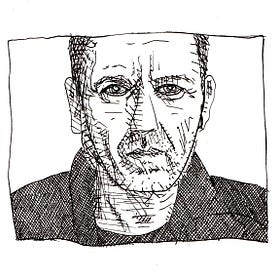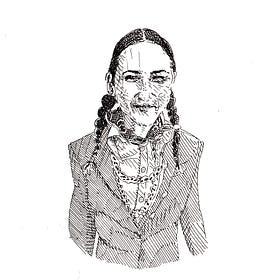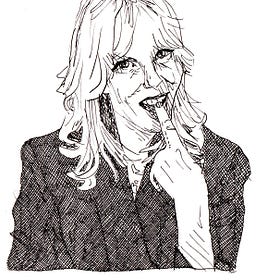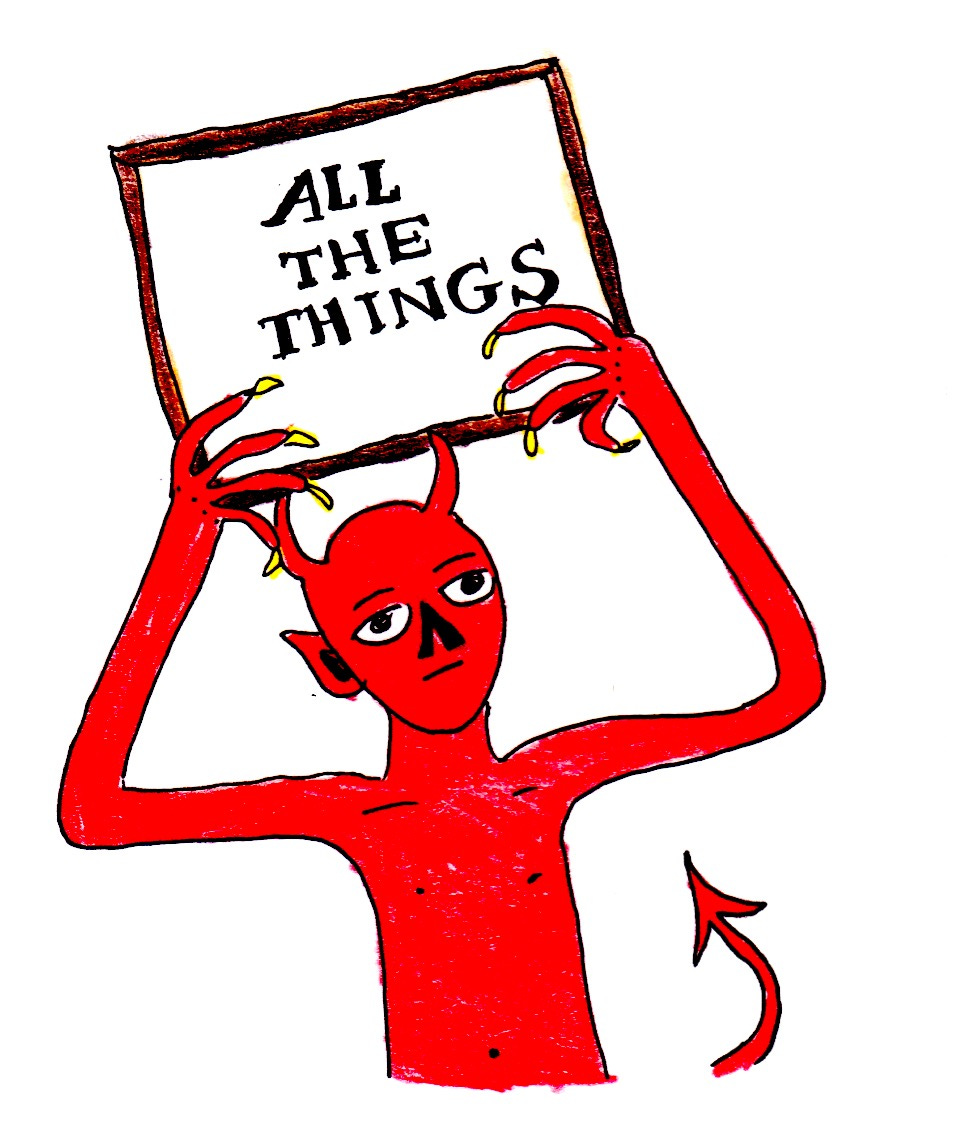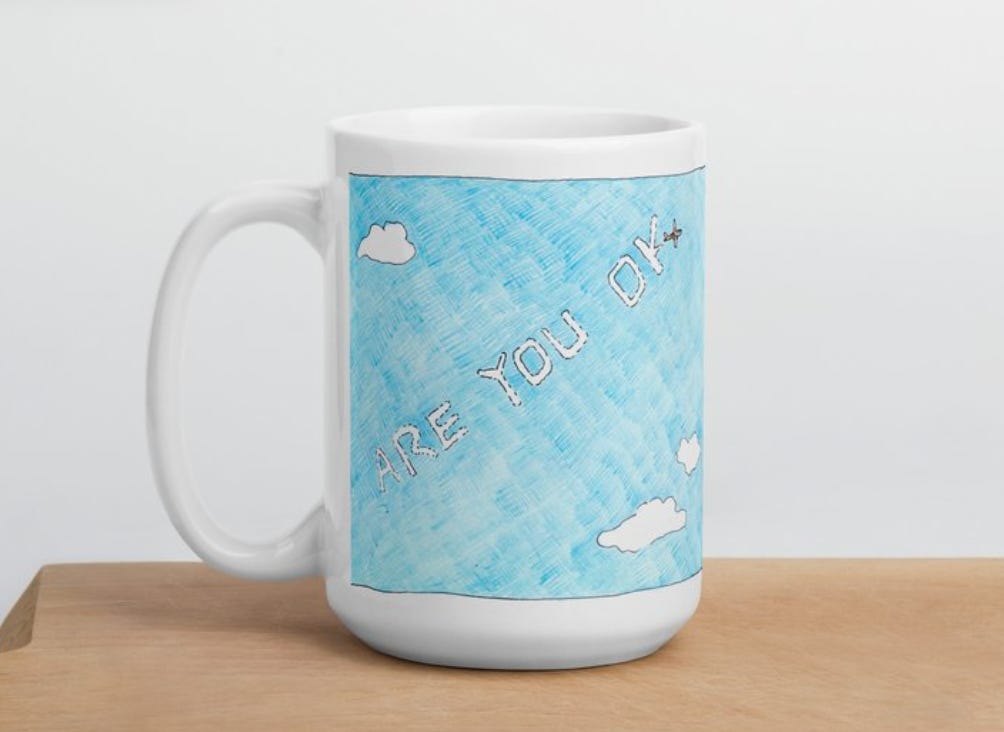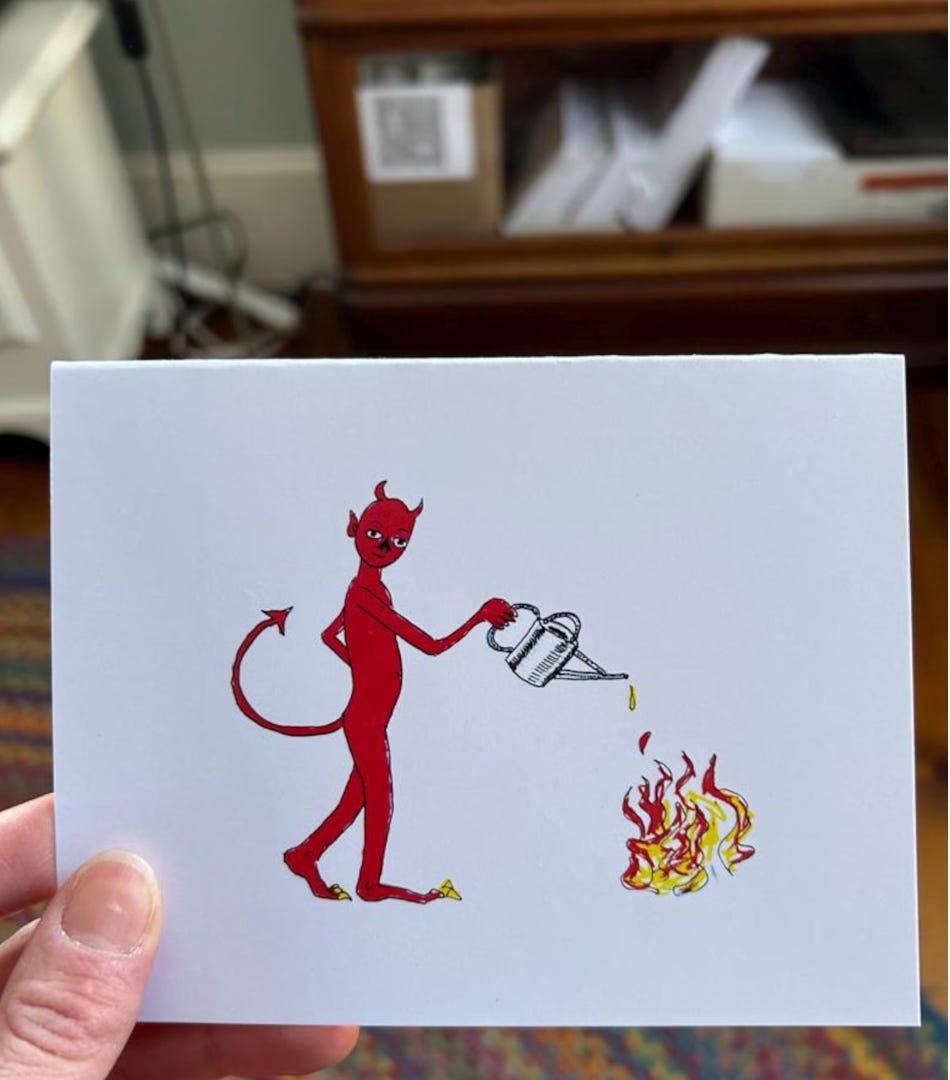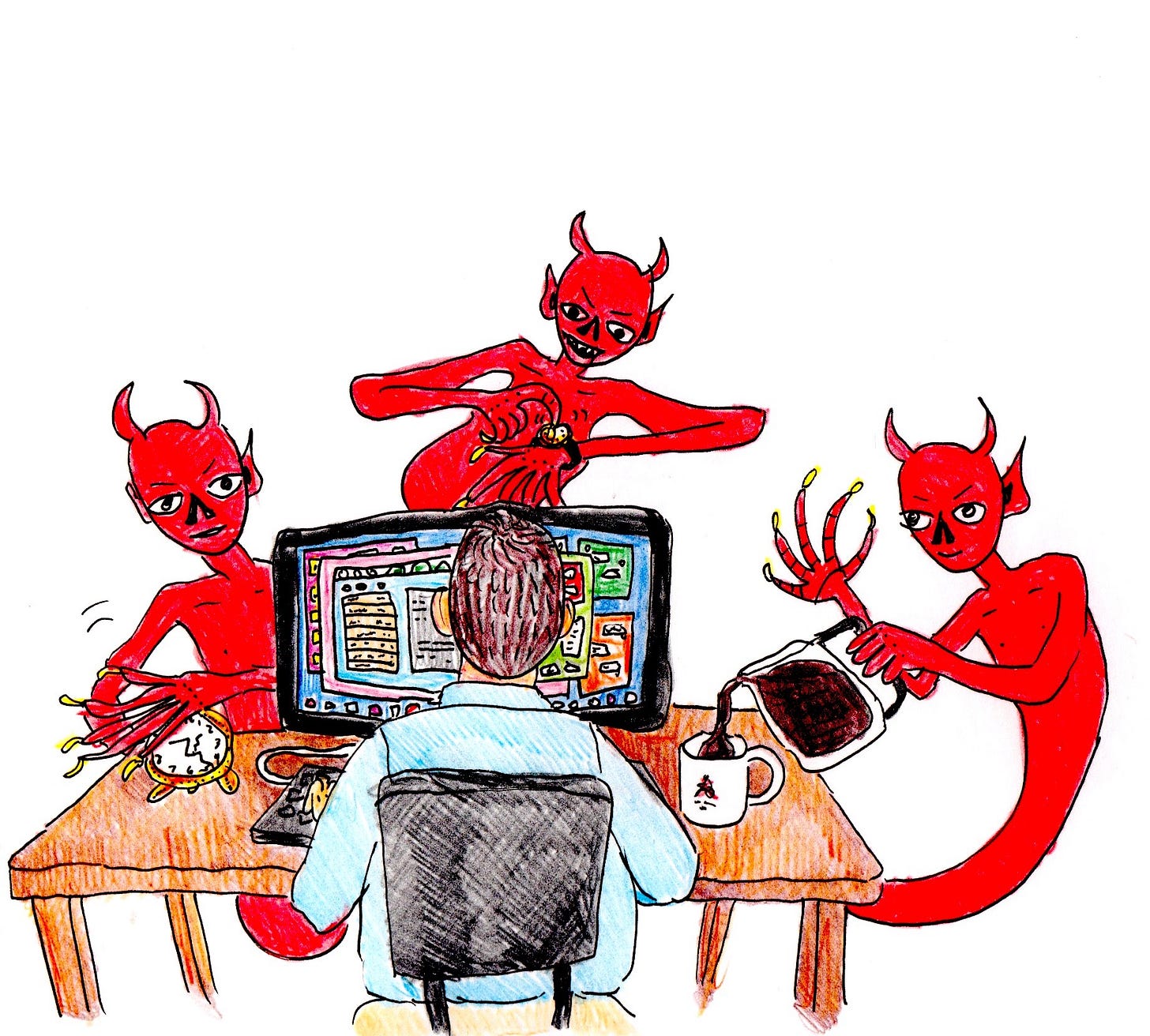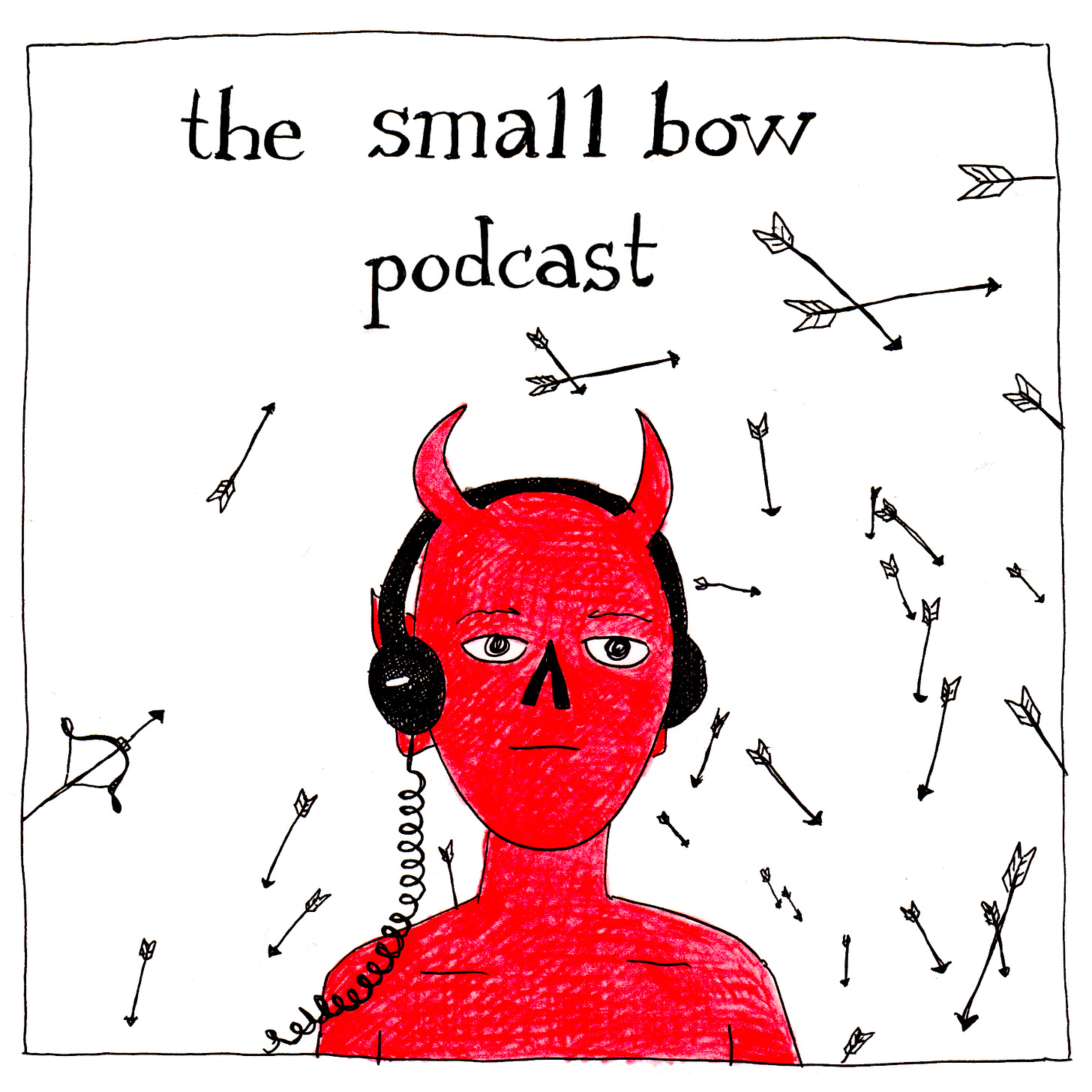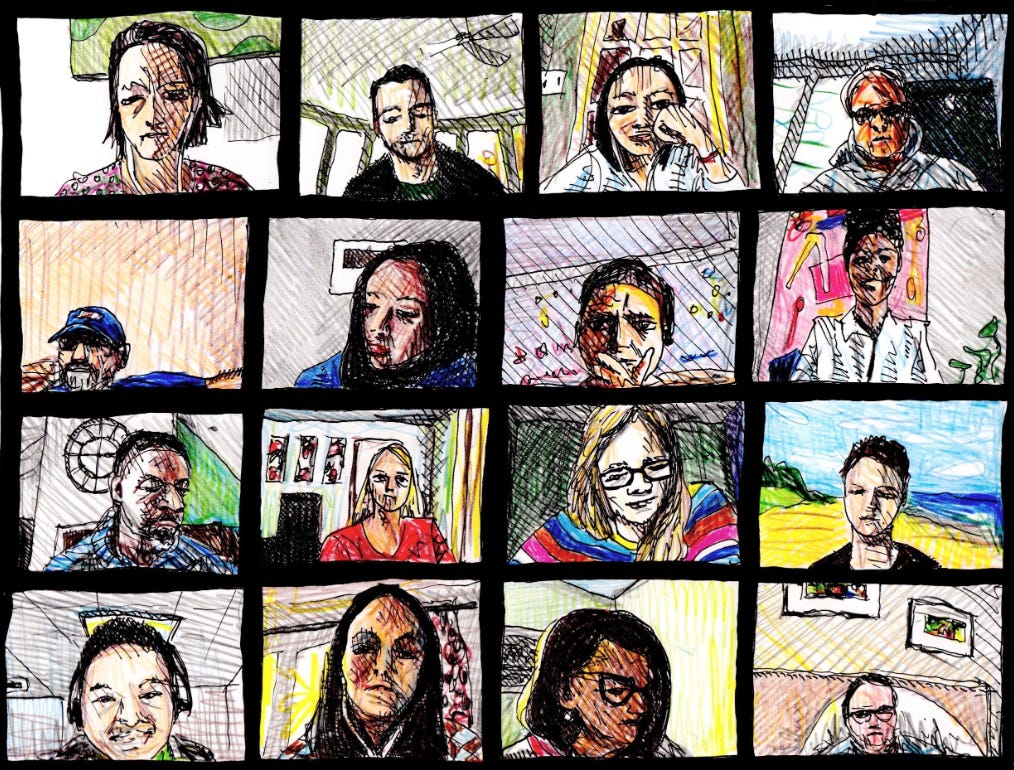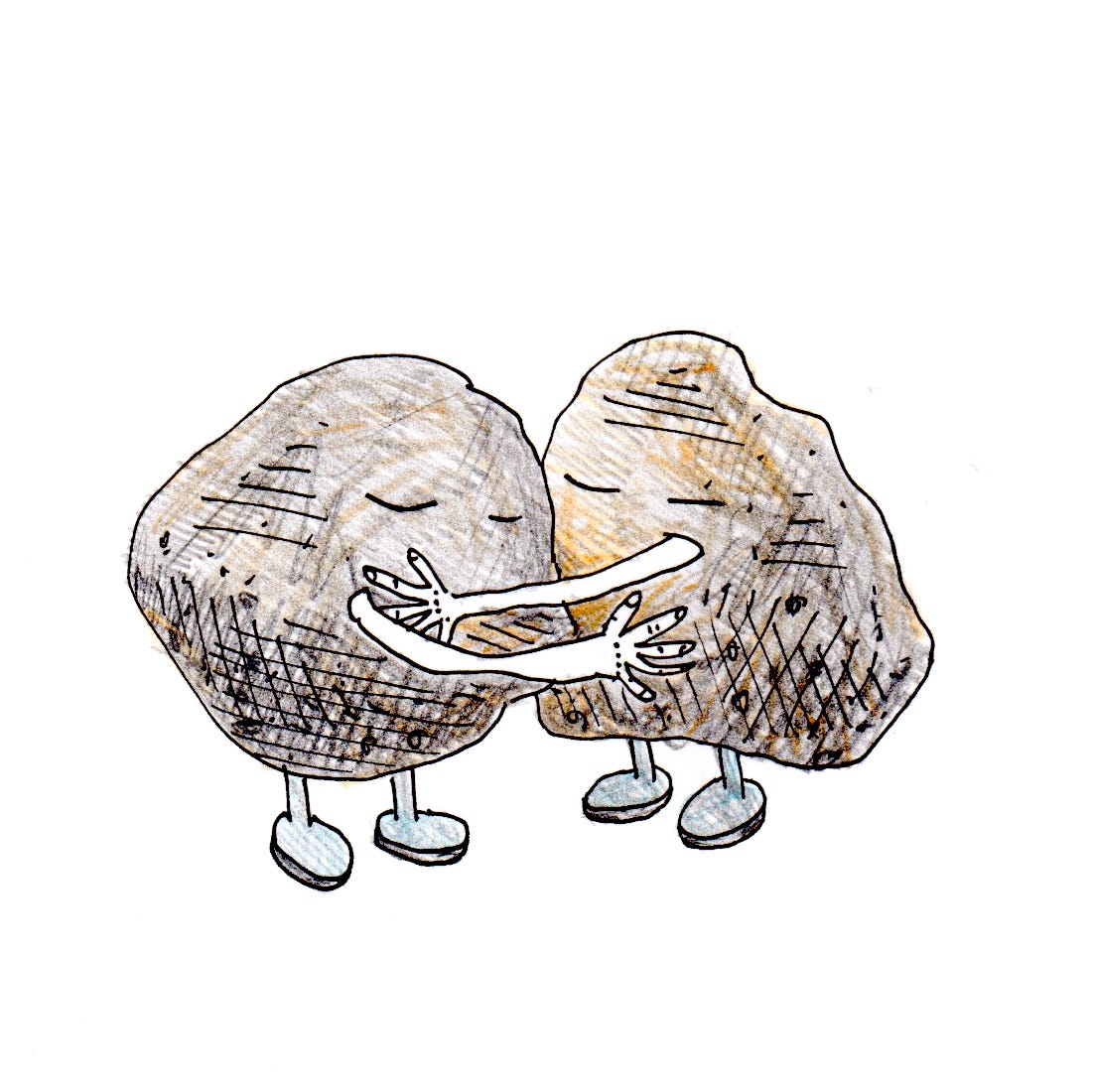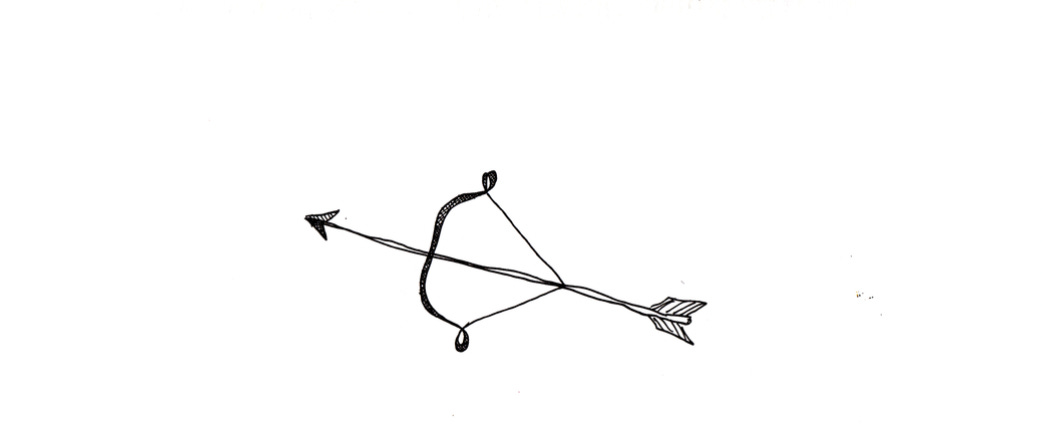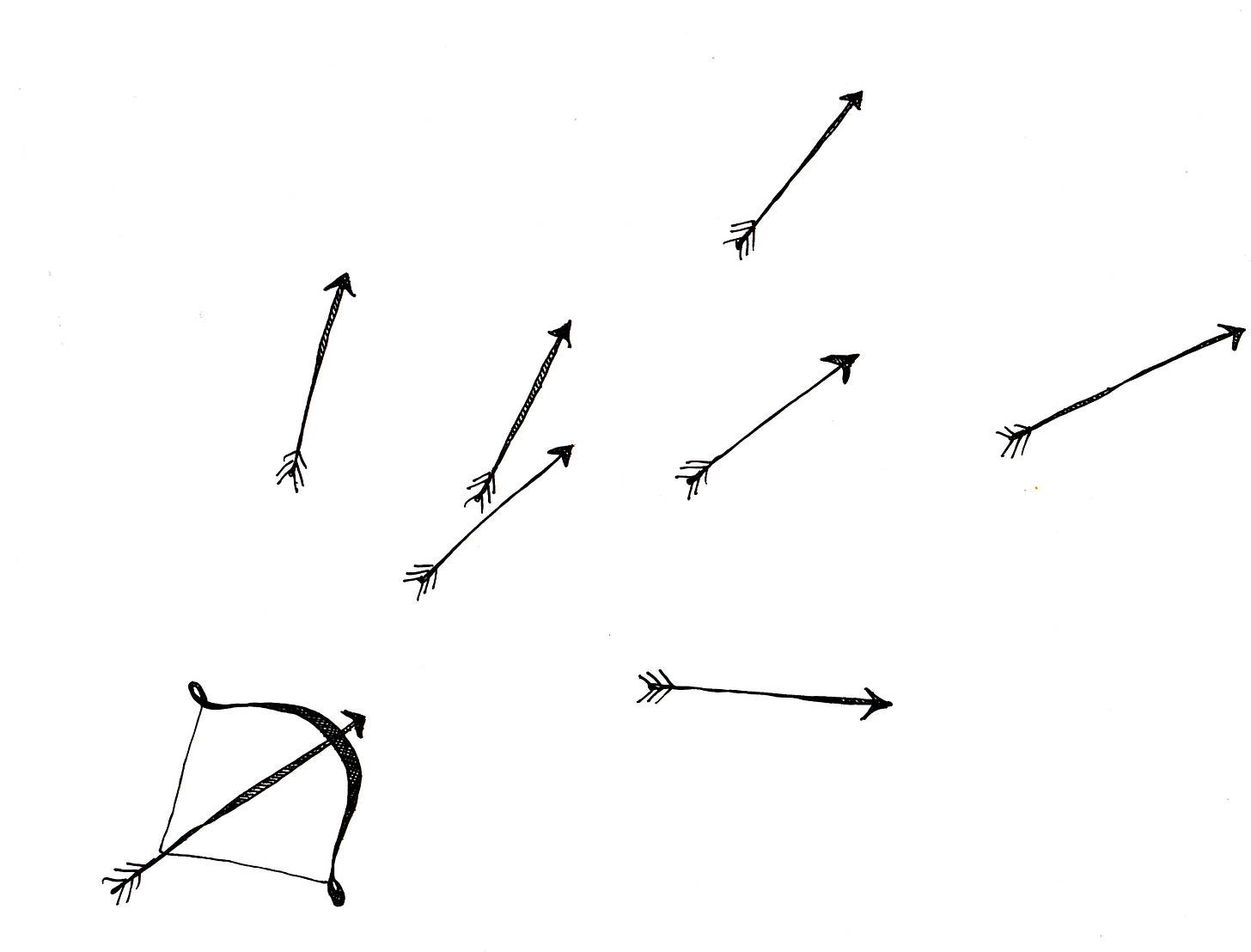Interview with a 50-Year-Old Sober Person: Laurie Woolever
“Life is so much simpler, in the best possible way. Nothing is perfect, but I can see things for what they are.”
Paid subscribers fund the Small Bow. If you love what we do and want to help us grow, press this button.
If the cost is prohibitive or you wish to send TSB to someone you love, contact me. I'll happily pass along a free annual subscription to those who need it most.
Good morning. We’re very excited to have today’s Sober Oldster superstar, Laurie Woolever, answer the questionnaire. Laurie’s been on TSB several times before (here and here), and now her memoir “Care and Feeding” is finally out in the world, sharing her healthy, sober story about her (mostly) unhealthy time inside restaurants, fancy food magazines, and the inner sanctum of celebrity chefs. The dark and dirty stuff is in there, as is the hard work and humility needed to live through it.
Here’s one of my favorite answers to the questionnaire:
“I started driving a car again, after giving it up for a long time when I was drinking and using, and I always feel weirdly proud of my ability to navigate stressful traffic situations.”
Alright, let’s get after it.
The full interview with Laurie starts after the jump.
Thanks again to Sari Botton from Oldster for the collaboration. —AJD
How old are you, and how long have you been in recovery?
I am 50, and I quit drinking almost eight years ago.
How did you get there?
In the months leading up to the end of my drinking career, the signs that I had a problem with alcohol were getting messier and louder and harder to ignore. My behavior while drunk involved lots of sloppy bad decisions, things that hurt me and other people, putting my career and safety at risk. I was already deeply unhappy, and alcohol whipped my smoldering depression into a dangerous conflagration, though I didn’t recognize it at the time.
My last bender was at a weekend-long professional conference with food and beverage people, and of course the free booze was just everywhere. I noticed that my hands were shaking in the morning, until I had a breakfast drink. I got kicked out of a hotel bar for being belligerent, and I missed my flight home. The next day, I attended my first Twelve Step meeting. It took me another year-and-a-half to quit smoking weed and start taking the whole package of sobriety more seriously.
What are the best things about being in recovery?
Life is so much simpler, in the best possible way. Nothing is perfect, but I can see things for what they are. My minor depression and anxiety are so much more manageable than when I was drinking. I sleep more, spend way less money, and I’m no longer impulsively saying or doing stupid shit that I’ll have to deal with the next day. I’ve met all kinds of people through recovery meetings with whom I’d otherwise never have had the chance to connect. The specter of small talk used to fill me with dread, and sometimes it still does, but the nice thing about 12-step meetings is that they start on time, and end after an hour, so there’s less opportunity to get trapped in a conversation. Since I stopped drinking, I’ve learned a lot about boundaries and honesty and getting over myself, and all of that helps.
In the months leading up to the end of my drinking career, the signs that I had a problem with alcohol were getting messier and louder and harder to ignore. My behavior while drunk involved lots of sloppy bad decisions, things that hurt me and other people, putting my career and safety at risk. I was already deeply unhappy, and alcohol whipped my smoldering depression into a dangerous conflagration, though I didn’t recognize it at the time.
What’s hard about being in recovery?
Right now, today, the good parts of recovery so vastly outweigh the drawbacks, but every once in a while, when things feel overwhelming, I miss the option of drinking or getting high in order to escape difficult feelings. Big social gatherings fueled by group inebriation can also feel a little isolating. I went to a destination wedding last year and the food and everything about the reception was rolled out at a deliberately slow pace, over many hours, to accommodate the fact that most of the guests were on molly. I just wanted to get a piece of cake and go home.
How has your character changed? What's better about you?
Since I got sober, I am somewhat slower to react to provocations and challenges; I have developed the capacity to take a breath instead of losing my shit. Even though I was (and still am) a pleaser and didn’t see myself as an egotist, I can see now that my behavior and thinking was very self-centered when I was drinking, and I’ve made progress in moving away from that. I used to feel that everything was my responsibility, that I had to control and manage everything and everyone, and I’ve gotten better at recognizing what is and isn’t my business.
What do you still need to work on? Can you still be a monster?
It’s easy for me to slip back into unproductive ways of thinking and being, and I guess this is one way to interpret Twelve Step recovery as a “day at a time” program. All the aphorisms you read or hear in meetings or in the literature, I used to find them annoyingly simple, but they now function for me as useful reset buttons when I feel myself heading off the rails with anxiety or depression. I expect that I will continue to “grow along spiritual lines” but that I will never outgrow the need for pithy reminders. I think, I hope, that my capacity for monstrous behavior has been permanently shut down.
My last bender was at a weekend-long professional conference with food and beverage people, and of course the free booze was just everywhere. I noticed that my hands were shaking in the morning, until I had a breakfast drink. I got kicked out of a hotel bar for being belligerent, and I missed my flight home. The next day, I attended my first Twelve Step meeting.
What’s the best recovery memoir you’ve ever read? Tell us what you liked about it.
Abandon Me by Melissa Febos is the best one I’ve ever read. It showed me how substance abuse and romantic obsession can be linked, if you’re a person with a bottomless need for something that you’ll never get enough of. The level of honesty and self-knowledge with which she writes about love, sex, addiction, abandonment, family and work somehow restored my sense of dignity in a time where I felt like an absolute piece of shit about everything.
What are some memorable sober moments?
During the most recent Thanksgiving and Christmas holidays, there were a few moments where I realized how calm I was, how not a big deal it was to be cooking and entertaining family, and how much easier it was to do it sober. I started driving a car again, after giving it up for a long time when I was drinking and using, and I always feel weirdly proud of my ability to navigate stressful traffic situations.
All the aphorisms you read or hear in meetings or in the literature, I used to find them annoyingly simple, but they now function for me as useful reset buttons when I feel myself heading off the rails with anxiety or depression. I expect that I will continue to “grow along spiritual lines” but that I will never outgrow the need for pithy reminders.
Are you in therapy? On meds? Tell us about that.
I’m not currently in therapy, but I saw the same therapist for over twenty years, and my copings skills are better for it. I take a small daily dose of Zoloft, which I have done on and off for thirty years. I cry a lot less because of Zoloft, which is good and bad.
What sort of activities or groups do you participate in to help your recovery? (i.e. swimming, 12-step, meditation, et cetera)
I have a Twelve Step home group on zoom, and I have lately been trying to attend more in-person meetings. I work out regularly, and try to avoid excessive isolating, as much as I love to stay home and watch TV with my cat. I try to “be of service,” which lately means answering phones on a hotline a few hours per week, and giving blood when I can — I’m a sucker for a Lorna Doone.
**********************************************************************
Laurie Woolever is an author, editor, public speaker, and former cook. She has written for the New York Times, Vogue, GQ, Food & Wine, Lucky Peach, Saveur, Dissent, and others. Woolever is a graduate of Cornell University and the French Culinary Institute. A former editor at Art Culinaire and Wine Spectator, she has co-authored two books with the late Anthony Bourdain, for whom she worked as an assistant for nine years. She published an oral biography of Bourdain in 2021, co-authored a cookbook with the legendary baker Richard Hart in 2024, and published her memoir, Care and Feeding, in March 2025. Laurie co-hosts a food-focused podcast, Carbface for Radio, with affable shit-stirrer Chris Thornton, and is a writer for Flaming Hydra, a creator-owned newsletter collective.
******
This monthly interview series is a collaboration between Oldster Magazine and The Small Bow.
ALL ILLUSTRATIONS BY EDITH ZIMMERMAN
MORE IN THIS SERIES:
Interview with a 51-Year-Old Sober Person: Sharon Silke
“I am so much more honest now than I was while drinking. I used to find it kind of fun/funny to lie to people. It was something I started as a kid to get attention, and then kept it up as an adult. I used to tell people I was in the Hungry Hungry Hippos commercial as a child. I totally wasn’t.”
Interview with a 59-Year-Old Sober Person: Seth David Branitz
“Monstrous thoughts still form, but I recognize them and move quickly past. I no longer do terrible things to myself or others.”
Interview with a 52-Year-Old Sober Person: Ana Marie Cox
“I think my behavior has changed more than my essential character. Like, I believe I’ve always been a sensitive, generous, and caring person—but too wound up in my own troubles to express that or to really be there for others.”
Interview with a 64-Year-Old Sober Person: Nick Flynn
“For a little while it felt like I had figured it out, how to be both sober and to be fucked up.”
Interview with a 54-Year-Old Sober Person: Kristi Coulter
“I’m so much less shy than I used to be! Sobriety basically forces you to work through or at least come to terms with your social anxiety. The idea that I ever needed alcohol to talk to a stranger seems bizarre to me now. I’m also more honest, though that was not a high bar to clear versus my drinking days.”
Interview with a 57-Year-Old Sober Person: Claire Dederer
“I had no idea, in my conscious mind, that I had a drinking problem. My shame was so profound that I was hiding reality even from myself—especially from myself. I get tired just thinking about it.”
Interview with a 70-Year-Old Sober Person: Jerry Stahl
“I have come to realize that everybody on the planet is recovering from something. And deserves our compassion. It’s pretty much the human condition. All our secrets are the same.”
Interview with a 53-Year-Old Sober Person: Joan As Police Woman
“I found myself becoming friends and collaborators with people in recovery. I was taken by how they seemed to glide through life, laughing at hardships and treating themselves and others with gentleness. While I didn't consciously realize it, their recovery made a big impact on me. When I hit my first meeting at 23 days it turned out I already knew a lot of people in the rooms.”
Interview with a 60-Year-Old Sober Person: Claudia Lonow
“I can become obsessive about what I’m doing wrong.” Like, I’ll find someone who “has what I want” and then drive myself crazy trying to “do what they do,” and when I can’t, I’ll obsess about what’s wrong with me, etc. I can get obsessed about “what the good people do” and ruminate over why I can’t do that. I mean, I have had severe OCD, panic and anxiety disorder... but it’s much better now.”
*****
This is The Small Bow newsletter. It is mostly written and edited by A.J. Daulerio. And Edith Zimmerman always illustrates it. We need your support to keep going and growing.
We send it out every Tuesday and Friday. For $9 a month or $60 per year, you also get a Sunday issue and access to the full TSB archives.
Oh, do you like coffee mugs? We also have some amazing TSB merchandise for sale.
If you'd like to check in with me and learn more about our recovery meetings, here's where I can be reached: ajd@thesmallbow.com
Also, follow us on Instagram for updates and more illustrations from Edith.
Or you can support Edith directly!
Demon With Watering Can Greeting Cards [Edith’s Store]
NEW PODCAST: GOING EASIER ON YOURSELF (W/JAYSON BLAIR)
A NOTE ABOUT THE PODCAST: WE WOULD LOVE YOUR HELP
In January, we ran four episodes thanks to the support of two sponsors, which helped cover the production costs for the additional workload. We don’t have any current sponsors, but we have several episodes on tap, and I’d love to keep up a three-episode-per-month pace if we can. We need a little help, though — our production costs amount to about $800 per episode. If anyone is interested in sponsoring us, please let us know.
Or, if you are interested in financing the extra podcast episodes and can kick a little extra into our donation box, that would also be great. We're golden if 40 people throw in an additional $20 this month.
Thanks so much for helping keep The TSB Podcast running optimally.
ZOOM MEETING SCHEDULE
Monday: 5:30 p.m. PT/8:30 ET
Tuesday: 10 a.m. PT/1 p.m. ET
Wednesday: 10 a.m. PT/1 p.m. ET
Thursday: 10 a.m. PT/1 p.m. ET (Women and non-binary meeting.)
Friday: 10 a.m. PT/1 p.m. ET
Saturday: Mental Health Focus (Peer support for bipolar/anxiety/depression) 9:30 a.m. PT/12:30 p.m. ET
Sunday: (Mental Health and Sobriety Support Group.) 1:00 p.m PT/4 p.m. ET
*****
If you don't feel comfortable calling yourself an “alcoholic,” that’s fine. If you have issues with sex, food, drugs, codependency, love, loneliness, and/or depression, come on in. Newcomers are especially welcome.
FORMAT: CROSSTALK, TOPIC MEETING
We're there for an hour, sometimes more. We'd love to have you.
Meeting ID: 874 2568 6609
PASSWORD TO ZOOM: nickfoles
Need more info?: ajd@thesmallbow.com
A POEM ON THE WAY OUT:
Simplicity
by Emily Dickinson
**************************
How happy is the little stone
That rambles in the road alone,
And doesn’t care about careers,
And exigencies never fears;
Whose coat of elemental brown
A passing universe put on;
And independent as the sun,
Associates or glows alone,
Fulfilling absolute decree
In casual simplicity.
If you’d like to help us grow, please consider a paid subscription.
But if you really want to avoid the in-box clutter, feel free to donate $25 or more by pressing this button. This helps us pay for the production costs for the TSB Pod.
ALL ILLUSTRATIONS BY EDITH ZIMMERMAN


